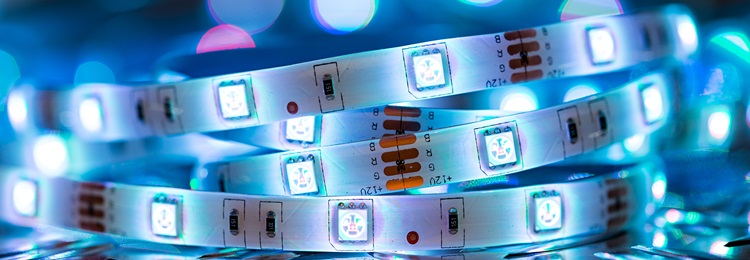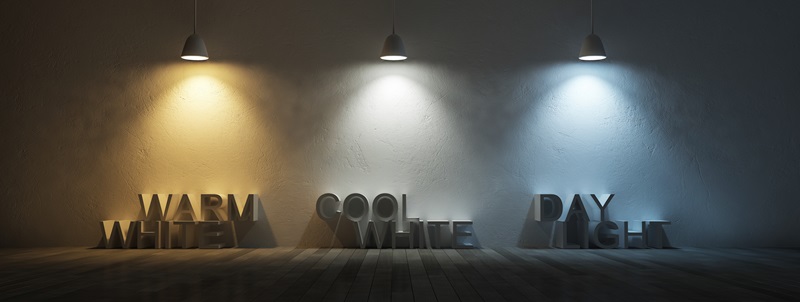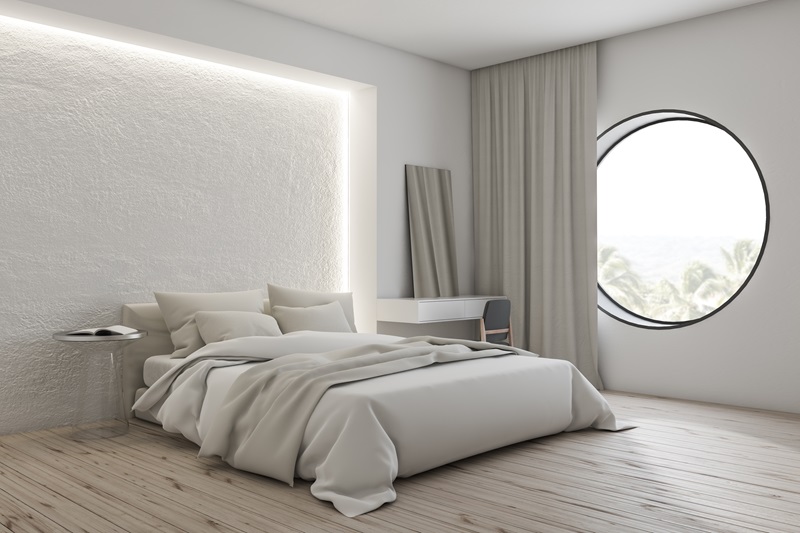We’re often asked about LED Lighting – The answers to your most commonly asked questions are included below…
- What does LED stand for? LED stands for Light Emitting Diode.
- How do LEDs work? LEDs produce light through a process called electroluminescence, where a semiconductor emits light when an electric current is applied.
- Are LEDs energy-efficient? Yes, LEDs are highly energy-efficient. They consume significantly less energy compared to traditional incandescent and fluorescent lights, using about 1/10th the watts of an incandescent lightbulb with a similar light output.
- What is the lifespan of LED bulbs? LED bulbs have a longer lifespan than traditional bulbs. On average, an LED bulb can last anywhere from 25,000 to 50,000 hours or more, depending on the quality and usage. Factors such as the environment (temperature & moisture) and electrical switching & fluctuations may impact on the expected lifespan.
- Do LED bulbs contain hazardous materials? Unlike some other types of lighting, LED bulbs do not contain hazardous materials such as mercury. They are considered environmentally friendly.
- Can I use LED bulbs in existing fixtures? Yes, in most cases, LED bulbs are designed to fit into standard light fixtures, making them a convenient and energy-efficient replacement for traditional bulbs.
- Do LED bulbs come in different color temperatures? Yes, LED bulbs are available in various color temperatures, ranging from warm white (around 2700K) to cool white/daylight (5000K and above). This allows users to choose the desired ambiance for their space.
- Can LED bulbs be used outdoors? Yes, there are LED bulbs specifically designed for outdoor use. These bulbs are built to withstand the elements and temperature variations.
- Are there different types of LED fixtures? Yes, there are various types of LED fixtures, including LED recessed lights, LED track lights, LED strip lights, LED pendant lights, and more. Each type is designed for specific applications and aesthetics.
- Do LEDs flicker? Quality LED bulbs should not flicker. However, cheap or low-quality LEDs may exhibit flickering. It’s advisable to choose bulbs from reputable manufacturers to ensure consistent performance.
- Do LED bulbs work with smart home systems? Many LED bulbs are compatible with smart home systems and can be controlled through devices like smartphones or smart speakers.
- Are LED bulbs recyclable? LED bulbs are recyclable, however this a specialised process – In New Zealand they cannot be placed in your household recycling bins (yet!)
April 2024



